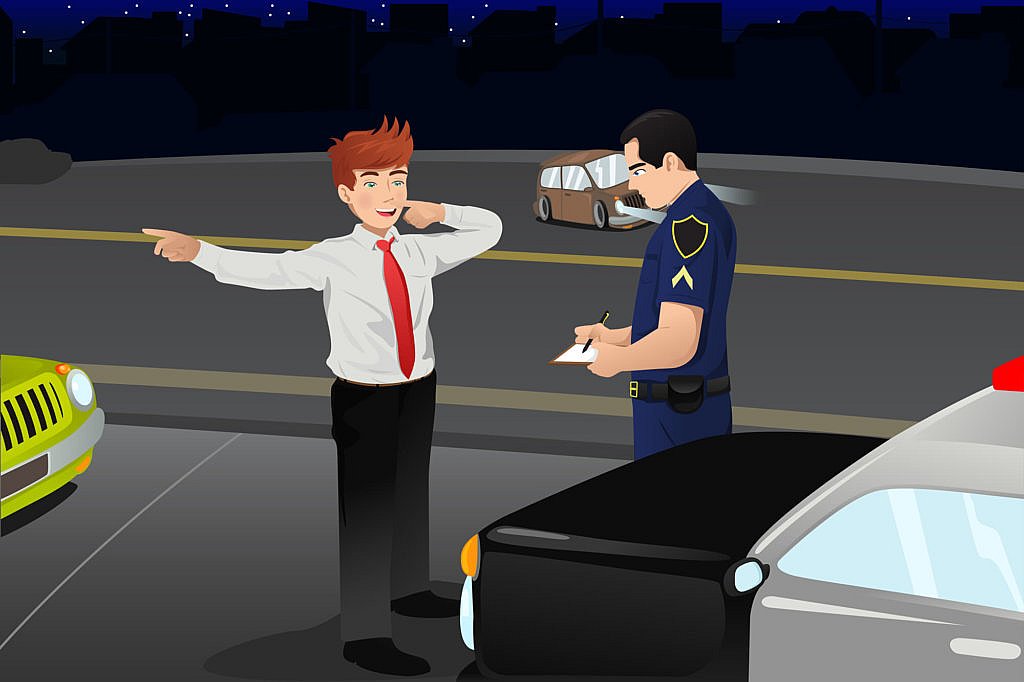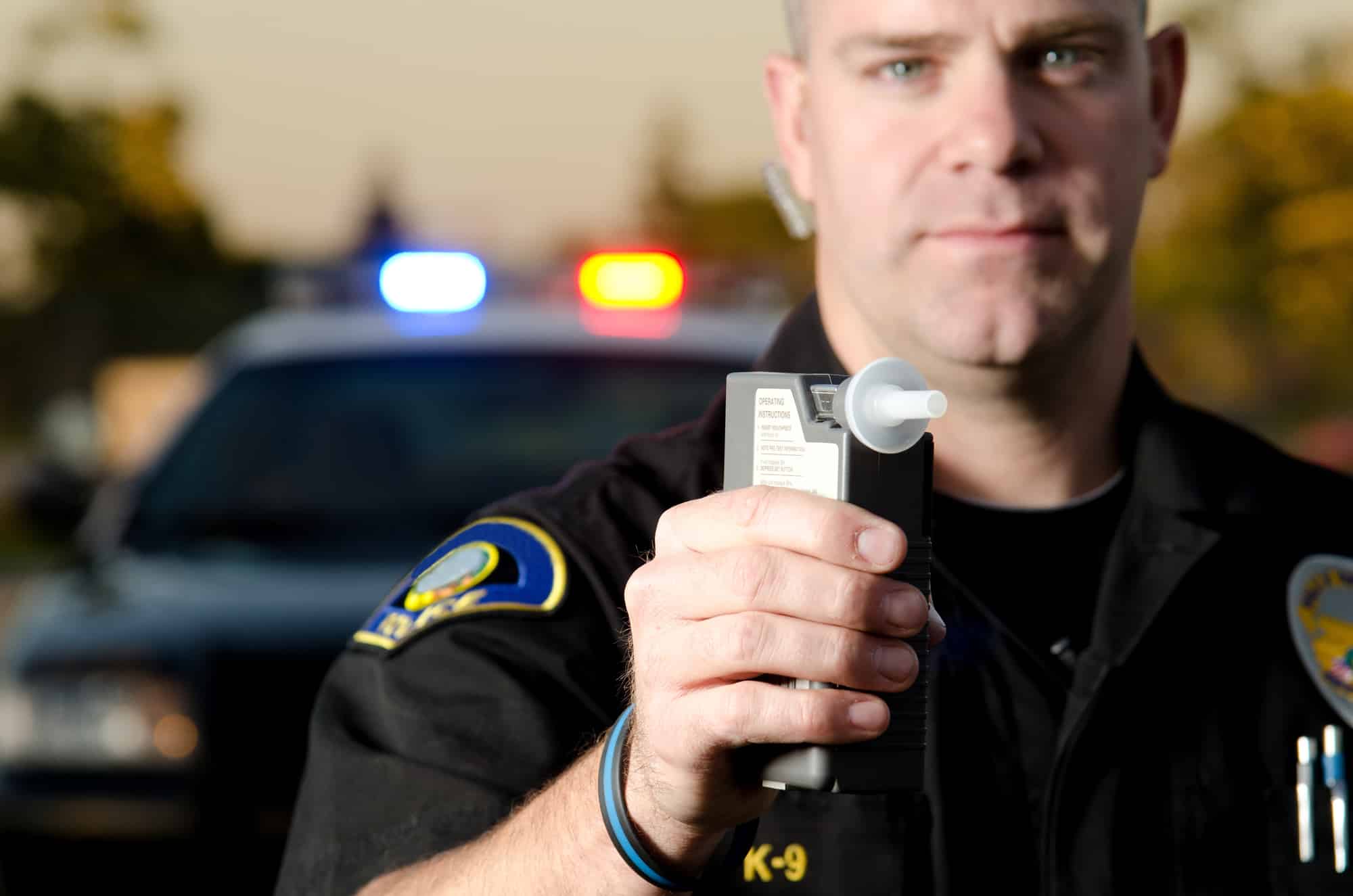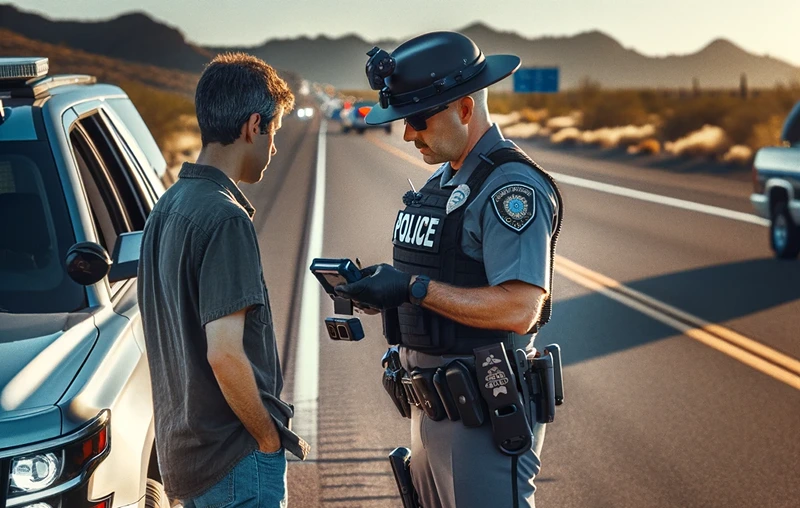If you’re stuck trying to make sense of the dui vs dwi debate after getting charged, you’re not alone. The terms get tossed around a lot, and depending on where you are, they can mean very different things. But no matter what acronym shows up on your court documents, one thing is clear: you need a solid strategy to defend yourself against dui vs dwi accusations.
This isn’t just about legal jargon. It’s about protecting your future.
Let’s walk through the real differences, common misconceptions, and more importantly—how to build an effective defense if you’re facing either charge.

What’s the Difference Between DUI and DWI?
Most people think dui vs dwi is just about which letters are used. But here’s the deal: the definitions vary from state to state.
In some states, DUI stands for Driving Under the Influence, which usually refers to alcohol or drugs impairing your ability to drive. Meanwhile, DWI—Driving While Intoxicated or Driving While Impaired—can sometimes carry heavier penalties.
Other states flip it around or even treat the two as interchangeable. For instance, in Texas, DWI is the official charge, while DUI is typically reserved for minors under the age of 21 caught with any amount of alcohol in their system.
So when it comes to dui vs dwi, context is everything. The difference could mean a different level of punishment, a different legal process, and a totally different approach to your defense.
Real-Life Example: One Arrest, Two Different Outcomes
Let’s talk about Tyler and Mia—two college friends who went out for a drink after finals.
Tyler drove home with a blood alcohol concentration (BAC) of 0.09%, just above the legal limit. He got pulled over, arrested, and charged with DWI in Texas. Mia, who only had one drink but was under 21, got stopped at a checkpoint. Her BAC was just 0.01%, but because of her age, she was slapped with a DUI.
Now, Mia’s penalty wasn’t as severe, but the damage to her record as a young adult starting her career? Just as serious.
That’s why understanding the dui vs dwi landscape matters—and why having a defense tailored to your exact charge is crucial.
Strategy #1: Challenge the Legality of the Traffic Stop
No matter whether it’s a DUI or DWI, one of the strongest strategies is to start at the very beginning—the stop itself.
Law enforcement needs a valid reason to pull you over. If you were obeying traffic laws and not showing signs of impairment, your attorney can challenge the stop as unlawful.
In dui vs dwi cases, if the initial stop is thrown out, everything that followed—field sobriety tests, breathalyzer results, even an arrest—might become inadmissible.
This tactic has helped hundreds of people walk away from charges that never should’ve happened in the first place.
Strategy #2: Dispute the Field Sobriety Test
Field sobriety tests are notoriously unreliable, especially in dui vs dwi scenarios where the officer’s judgment plays a huge role.
Even sober individuals can struggle with these tests under pressure or in poor weather conditions.
These tests—walking in a straight line, standing on one leg, following a light with your eyes—aren’t foolproof. Fatigue, anxiety, medical conditions, and even poor footwear can affect your performance.
Moreover, there is no universal standard for scoring performance, which opens the door to subjective interpretation.
An attorney skilled in dui vs dwi defense can challenge how the test was administered, whether the conditions were fair, or if the officer was properly trained.
In some cases, video evidence can contradict the officer’s account of how the test went, weakening the prosecution’s case.

Strategy #3: Attack the Accuracy of the Breathalyzer or Blood Test
Here’s the science part of your dui vs dwi defense. Machines malfunction. Protocols get skipped. Samples get contaminated.
Breathalyzers must be calibrated regularly. Blood tests need a proper chain of custody and handling procedures. If there’s even a hint that the evidence was compromised or mishandled, your attorney can push to have it suppressed.
Take the case of a Houston man charged with DWI after blowing a 0.11%. His lawyer dug into maintenance records and discovered the breathalyzer hadn’t been calibrated for months. The charge was dropped.
This defense strategy is especially powerful in both dui vs dwi situations where your entire case hinges on a single number.

Strategy #4: Explore Medical Explanations for BAC Results
Another overlooked strategy in dui vs dwi cases is using medical evidence.
Too often, defendants assume a high BAC reading is the end of the road, when it may just be a misread.
Certain medical conditions, such as GERD (acid reflux), diabetes, or even recent dental work, can skew BAC readings. Some people naturally produce higher levels of acetone, which breathalyzers can mistake for alcohol.
Studies have shown that diabetics can sometimes appear legally intoxicated even when they haven’t consumed alcohol.
If your defense attorney can provide evidence of such a condition, it could cast reasonable doubt on the test results.
This angle introduces an alternate explanation that challenges the accuracy of what the prosecution considers “objective” evidence.
Strategy #5: Present Evidence of Sobriety
Don’t underestimate the power of dash cam or body cam footage in dui vs dwi cases. If you were polite, coherent, and physically steady during the stop, it can help support your claim of sobriety.
A visual record often says more than a written report and may contradict claims of impairment.
You can also introduce testimony from passengers or bar staff who interacted with you and didn’t observe any signs of impairment.
These witnesses can offer neutral or favorable accounts that directly challenge the officer’s conclusions.
In many dui vs dwi accusations, this kind of counterevidence can directly challenge the officer’s report.
And when an officer’s version of events begins to appear exaggerated or inaccurate, credibility crumbles fast.

Strategy #6: Argue Rising BAC
One fascinating defense in dui vs dwi cases is called “rising BAC.”
It’s a scientific argument that requires a deep understanding of how alcohol is absorbed over time.
Here’s how it works: alcohol takes time to absorb into your bloodstream. So it’s possible that your BAC was under the legal limit while you were driving, but rose above the limit by the time you were tested.
If your BAC was measured 30–60 minutes after being stopped, this defense could be especially relevant.
Timing matters. If there was a delay in testing, your lawyer might argue that you weren’t legally intoxicated when you were actually behind the wheel.
This strategy introduces doubt at the most crucial point: the exact moment you were driving, not when you were tested.
Strategy #7: Leverage Pretrial Diversion or Reduction Programs
For first-time offenders in dui vs dwi cases, many jurisdictions offer alternatives that can help you avoid a conviction entirely. These options are especially valuable when you’re trying to protect your job, license, and reputation.
A pretrial diversion program might include alcohol education classes, community service, or installation of an ignition interlock device. If completed successfully, the charge could be dismissed or expunged. These conditions may sound tough, but they’re often far preferable to having a conviction on your permanent record.
These programs are often negotiated by experienced defense attorneys who know how to work the system to your advantage. Having the right legal advocate can mean the difference between months of hardship and a clean slate.
Strategy #8: Scrutinize Police Conduct and Reports
Another critical strategy for dui vs dwi defense is closely analyzing the arresting officer’s behavior and paperwork. A well-trained defense attorney will comb through every detail, looking for inconsistencies that might seem minor but carry legal weight.
Did the officer follow protocol? Did the reports contain contradictions? Were your Miranda rights read? Even small deviations from required procedures can significantly impact how the case unfolds in court.
Any error or inconsistency can become leverage to have evidence excluded—or in some cases, the entire case dismissed. The goal is to show that the investigation lacked the integrity necessary to support a conviction.
Why Choosing the Right Attorney Matters in DUI vs DWI Cases
Here’s the unfiltered truth: not all defense attorneys are built for dui vs dwi battles.
You need someone who’s:
- Familiar with local court procedures
- Aggressive in filing motions to suppress evidence
- Skilled in negotiating plea deals or fighting in trial
- Experienced in DUI/DWI forensic science
In one Texas case, a defense attorney spotted a single typo in the police report that led to the case getting thrown out. That kind of sharp eye makes all the difference.

Final Thoughts: Don’t Let DUI or DWI Define You
Facing a charge—whether DUI or DWI—can feel like the end of the road. But it’s not.
When you understand the stakes and build a solid, customized defense strategy, there’s real hope for getting your life back on track. The difference between dui vs dwi may be subtle in language, but the impact on your record, your license, and your future is massive.
The smartest thing you can do? Don’t go it alone. Connect with an attorney who lives and breathes dui vs dwi law. Ask questions. Challenge everything. And don’t let a mistake define your future.


